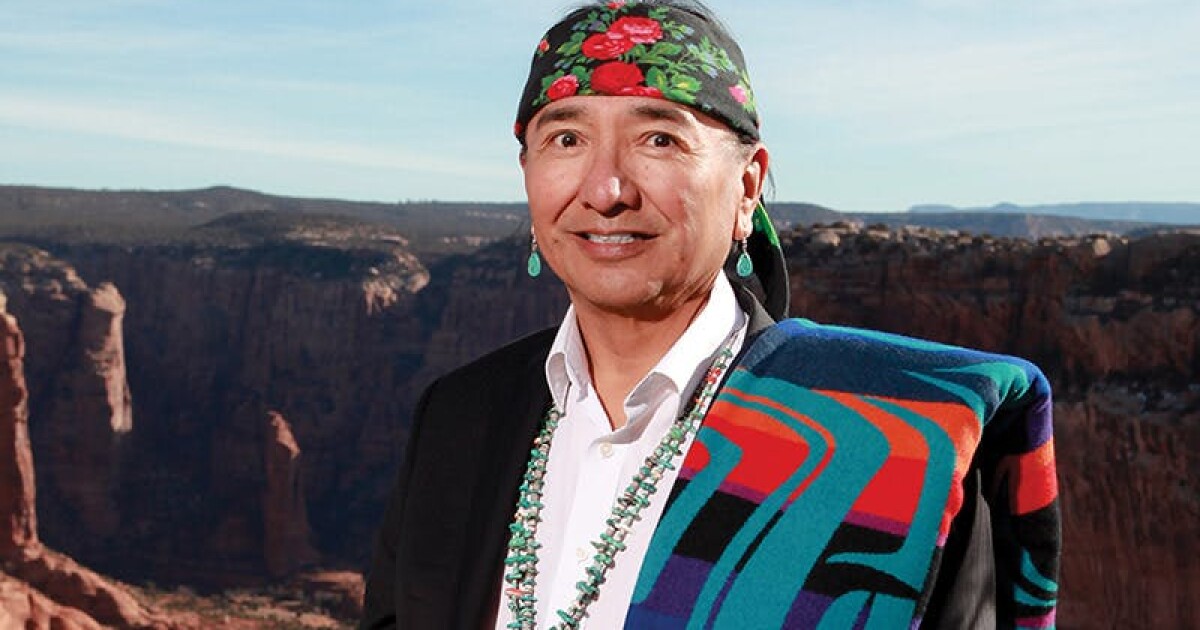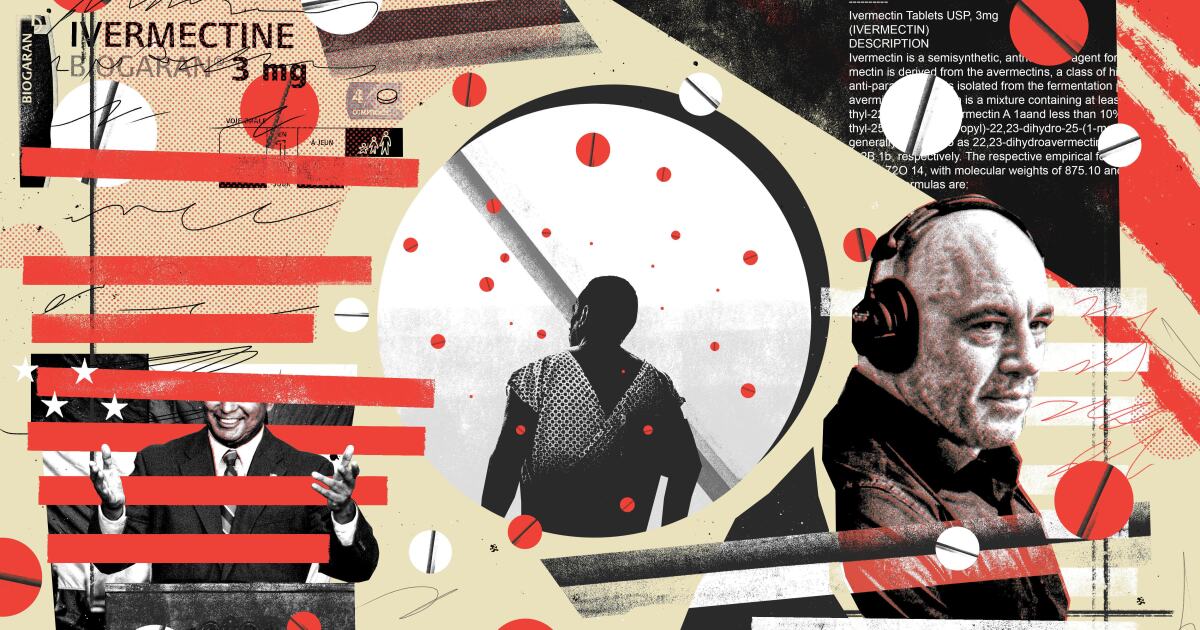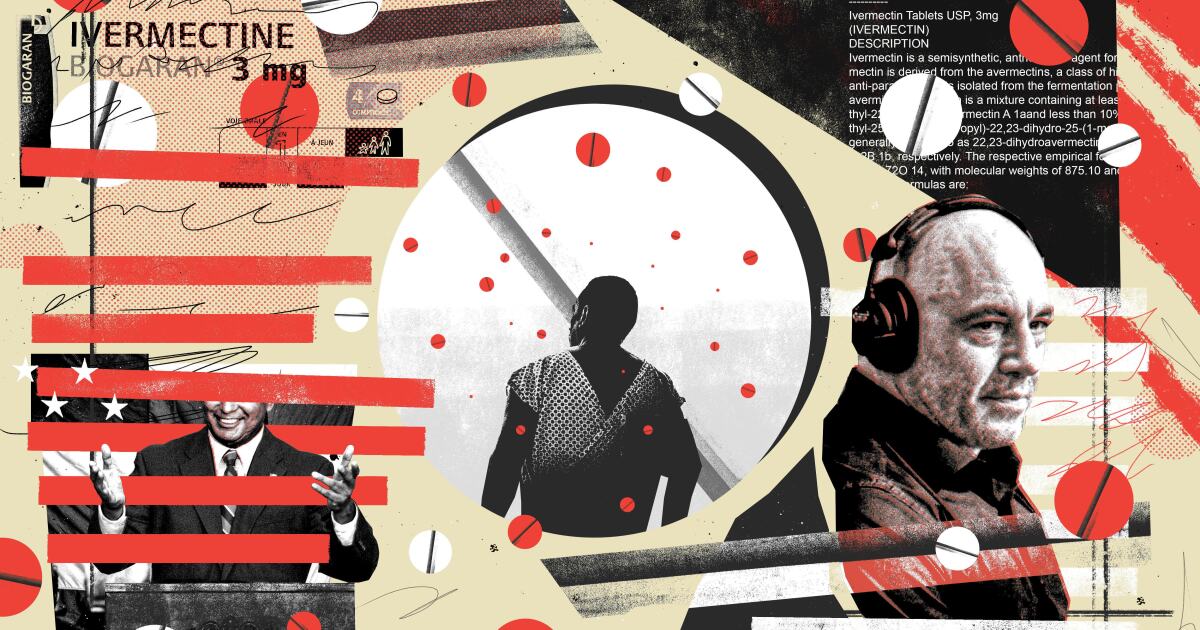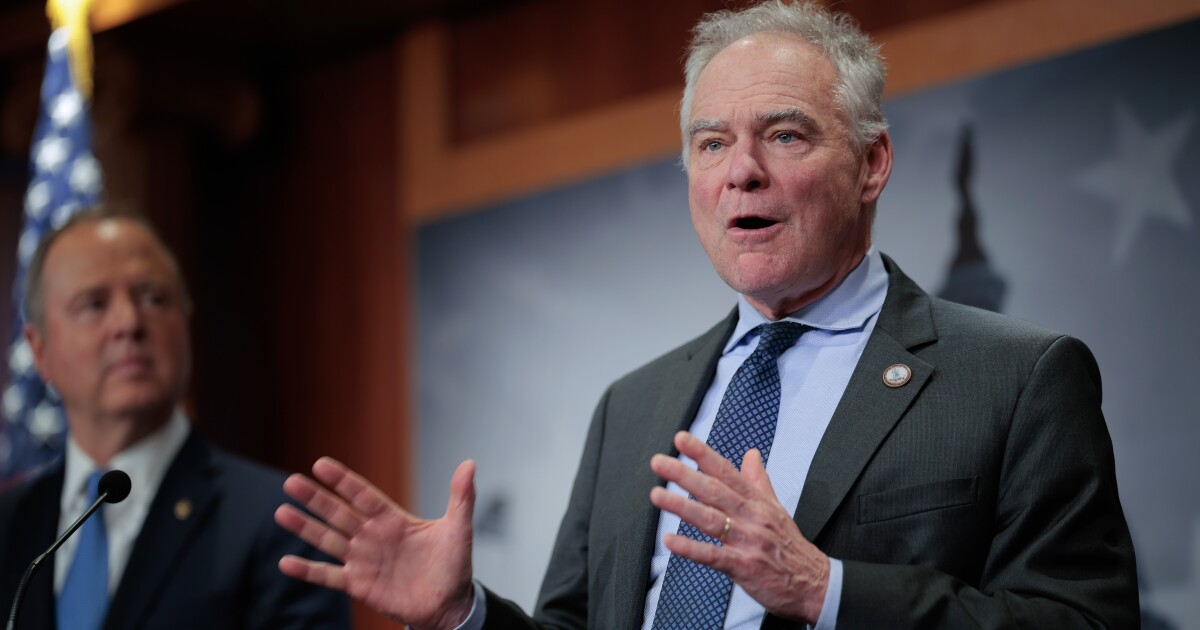As the clock ticks towards the expiration of crucial healthcare subsidies, many Americans are bracing for a financial hit. Among them is Tracy Barber from Tucson, who faces a daunting increase in her health insurance premiums. Having retired and relied on the marketplace insurance for several years, she’s now contending with a significant price surge.
Barber’s gold plan premium is set to leap from $863 to approximately $1,500 per month, an annual increase of $7,600. Unable to bear this cost, Barber plans to switch to a silver plan, which still represents a $6,000 annual increase at $1,350 monthly.
“I knew these subsidies were going to expire,” Barber remarked, “but I wasn’t expecting it to almost double.” The looming subsidy expiration has become a focal point in political debates, particularly during the recent government shutdown.
Over 24 million people nationwide depend on the Affordable Care Act (ACA) for insurance, with the Inflation Reduction Act previously extending financial assistance during the pandemic. These subsidies, tailored based on income, are set to lapse, placing many on a “subsidy cliff” that threatens their affordability.
The recent government shutdown saw Democrats insisting on extending these subsidies, a demand that was met with resistance from Republicans. A temporary deal was eventually struck to reopen the government, but it omitted the subsidy extension.
In Arizona, a significant number of residents like Barber have benefited from enhanced premium tax credits. Without these, some, like Barber, anticipate spending over 20% of their income on healthcare premiums.
Michelle Unger, also affected by the subsidy changes, is grappling with her family’s coverage costs. Her bronze plan for her family is inadequate, forcing a switch to a higher-tier plan. This transition will see her monthly insurance costs rise to $4,170 once the subsidies end.
“I literally felt like I got punched in the chest,” Unger expressed about the impending costs. The financial strain may lead to drastic measures like selling her home.
The political ramifications are evident as Democrats use the situation to highlight the impact of Republican opposition. Representatives like Andy Biggs and David Schweikert, who are also gubernatorial candidates, face criticism for not supporting the subsidy extension.
Von Packard, another Arizona resident, illustrates the personal impact of these policy changes. His health insurance costs are set to soar from $49 to $719 per month.
“There’s a lot of other things I would rather be doing with $700 a month. That is retirement right there,” Packard noted. He has voiced his concerns to his representatives, but feels unheard.
The ongoing healthcare subsidy debate underscores a broader discussion on affordability and access, with many Americans waiting to see how political negotiations will evolve in the coming months.
This article first appeared on Cronkite News and is republished here under a Creative Commons Attribution-NoDerivatives 4.0 International License.
—
Read More Arizona News










